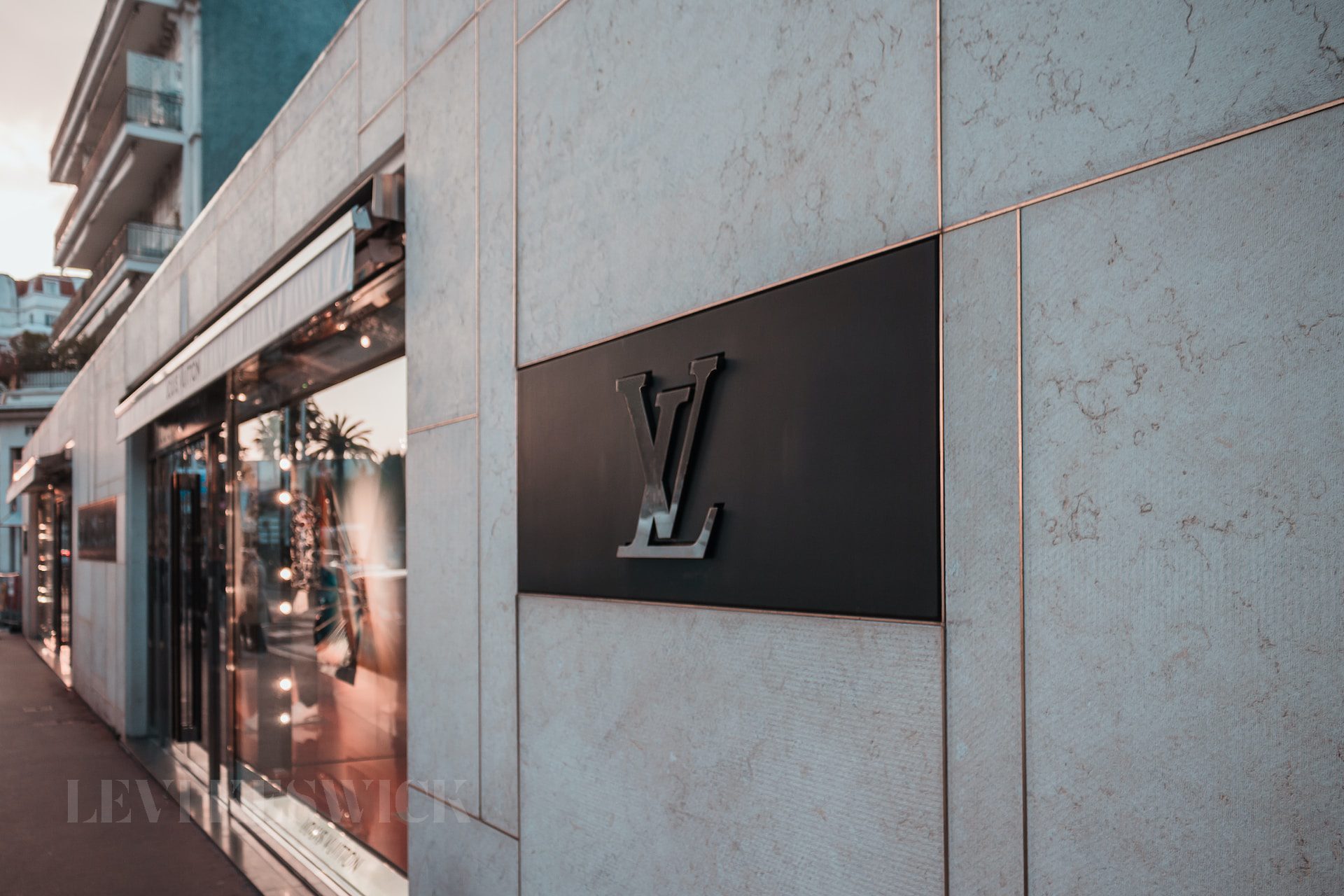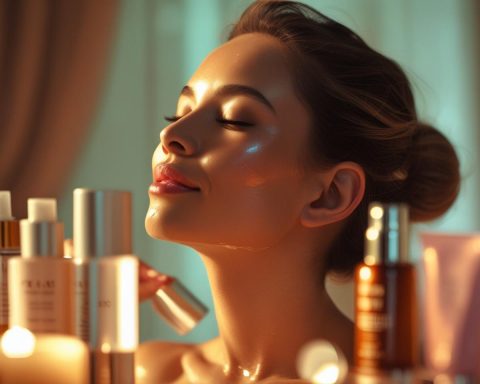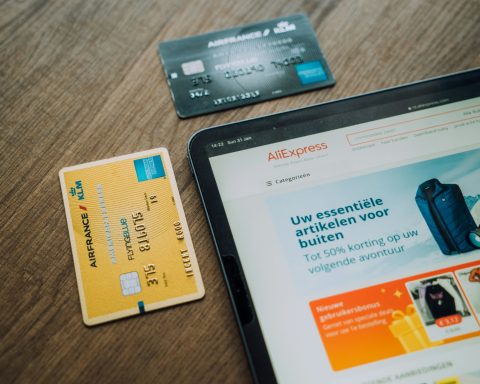Key Takeaways:
- Experiential marketing can drive sales and in-store traffic through unique and immersive brand experiences.
- Luxury brands can use experiential events to change brand perception and appeal to new demographics.
- Creating long-lasting brand advocates through memorable experiences can lead to increased brand loyalty and positive word-of-mouth marketing.
Introduction: Experiential Marketing for Luxury Brands
In an era of rapidly changing consumer preferences and fierce competition, luxury brands are seeking innovative ways to stay ahead. Experiential marketing has emerged as an effective tactic to engage consumers, create lasting impressions, and ultimately drive growth. This article will discuss three main objectives of luxury experiential marketing and provide real-world examples of successful campaigns, while delving deeper into the importance of experiential marketing and its various approaches.
Understanding Luxury Experiential Marketing
Luxury experiential marketing is an innovative approach that focuses on creating immersive, memorable experiences for consumers. Unlike traditional advertising, which relies on static images and messages, experiential marketing encourages consumers to actively participate in brand events, fostering a stronger connection between the brand and its audience. This approach has proven particularly effective for luxury brands, as it enables them to showcase their unique value proposition and create lasting impressions in the minds of their target consumers.
Objective #1: Drive Sales and In-Store Traffic with Unique Experiences
The decline of brick-and-mortar retail has led luxury brands to seek new ways to entice customers into their physical stores. Experiential marketing can provide a solution by creating one-of-a-kind brand experiences that cannot be replicated online.
1.1 Permanent Experiential Stores
- Nike’s Flagship Store: With attractions such as a colorful display of Air Jordans’ history and a full-size basketball court for visitors to test their footwear, Nike’s flagship store in New York City offers an immersive and engaging shopping experience. The store serves as a prime example of how experiential marketing can be integrated into a permanent retail space, transforming the shopping process into a memorable event.
1.2 Pop-up Stores and Temporary Experiences
- Pop-up Stores: For smaller or niche brands, pop-up stores can generate foot traffic and create buzz. Garnet Hill, for example, successfully refurbished a shipping container into a mobile boutique, increasing brand recognition and sales.
- Temporary Experiences: Luxury brands can also create temporary, exclusive experiences to engage consumers and drive traffic to their stores. For instance, fashion retailer Bergdorf Goodman hosted a “Dior Express” train ride event, transporting guests from London to the English countryside for an exclusive fashion show.
Objective #2: Change Brand Perception through Luxury Experiential Events
Experiential marketing can help luxury brands reshape consumer perceptions and appeal to new demographics.
2.1 Reinventing the Brand Image
- Garnet Hill’s Pop-Up Boutique: By bringing their catalog to life through a trendy pop-up boutique, Garnet Hill shifted consumers’ perception of the brand from a nostalgic memory to a modern, 21st-century company.
- Lacoste’s Coachella Pool Party: Hosting a celebrity-filled pool party at Coachella, complete with a pop-up store, DIY sneaker station, and branded giveaways, allowed Lacoste to showcase its relevance to younger audiences.
2.2 Collaborations and Partnerships
- Luxury brands can also change their brand perception through strategic collaborations and partnerships. For instance, Louis Vuitton partnered with esports giant League of Legends to design tournament outfits and a trophy carrying case. By associating with the booming esports industry, Louis Vuitton effectively reached new audiences and shifted consumer perception.
Objective #3: Create Long-Lasting Brand Advocates through Memorable Experiences
By providing consumers with memorable experiences, luxury brands can foster long-lasting brand advocacy, leading to increased loyalty and positive word-of-mouth marketing.
3.1 Exclusive Events and Retreats
- SoulCycle Retreats: SoulCycle leveraged its cult following to launch retreats focused on wellness, adventure, and community, strengthening its connection with dedicated customers. These retreats not only provided an immersive experience but also allowed participants to form deeper bonds with the brand and fellow enthusiasts.
- Tiffany & Co.’s Blue Box Café: Luxury jewelry brand Tiffany & Co. opened its Blue Box Café in New York City, offering customers a chance to dine in an elegant setting inspired by the brand’s iconic blue color. This exclusive dining experience creates a unique and memorable association with the brand, turning customers into loyal advocates.
3.2 Immersive and Interactive Experiences
- YSL Beauty Hotel: YSL opened a beauty hotel for its most dedicated fans to book. Featuring perfume workshops, makeup counters, a branded café, and in-hotel collections of its most famous lines, fans of the luxury fashion and beauty brand are guaranteed an experience that keeps YSL top of mind for a long time.
- Gucci Garden: The Gucci Garden in Florence, Italy, is another example of a luxury brand using experiential marketing to create loyal brand advocates. The immersive experience includes a museum, a boutique with exclusive merchandise, and a restaurant, providing visitors with a comprehensive look into the world of Gucci.
Conclusion: Embrace Luxury Experiential Marketing for Brand Growth
Luxury experiential marketing can help brands achieve critical objectives, such as driving sales and in-store traffic, changing brand perception, and creating long-lasting brand advocates. By providing unforgettable experiences, luxury brands can strengthen their connections with consumers and set themselves apart in an increasingly competitive market.
To fully harness the potential of luxury experiential marketing, brands must remain attuned to consumer preferences and be prepared to adapt and innovate. A successful experiential marketing campaign requires a deep understanding of the target audience and a creative approach that resonates with them.
As the world of luxury continues to evolve, experiential marketing will only grow in importance. Brands that embrace this strategy and create memorable experiences for their consumers will be well-positioned to thrive in the ever-changing luxury landscape.







